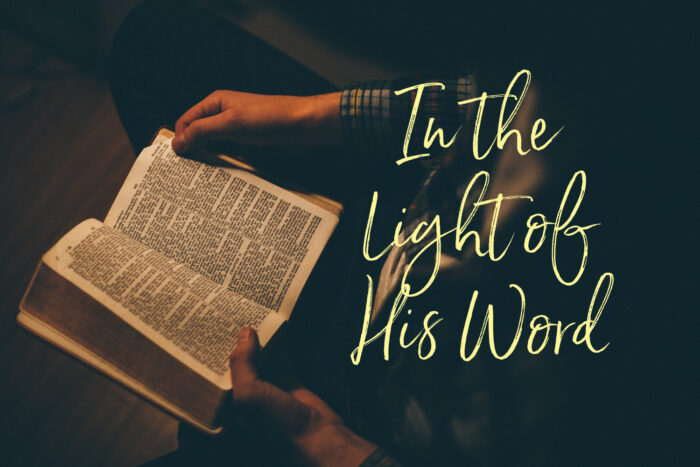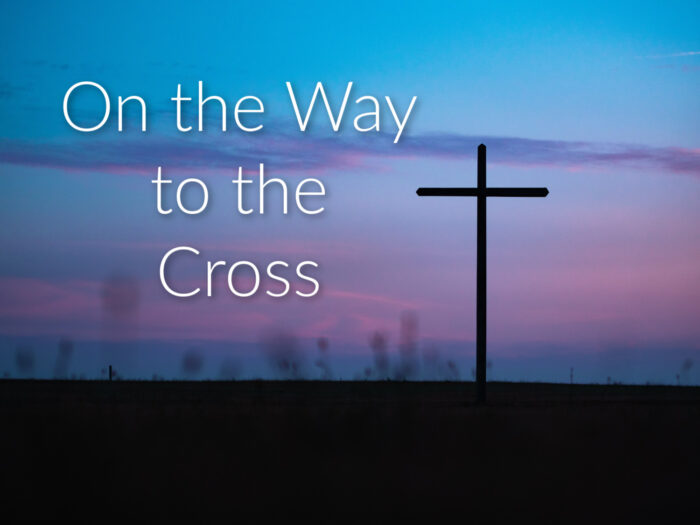Finding Perspective
We were at the Outer Banks for a little anniversary getaway last week. Just my husband and me. We had planned to go away last year for our 35th wedding anniversary but life got in the way. As it often does. (Our anniversary is not until August. Last week was just when we could make the time to get away for a few days.)
While we were vacationing last week, we ran into people from all over the United States and from the rest of the world, who come there to work for the summer, some who end up staying there to live.
I will often start a conversation with waiters and store clerks just to be friendly. And so I will ask just basic questions…questions like “how do you enjoy the weather here at the Outer Banks?” I found this particular question to be quite dependent upon where the person had come from. For example, one young lady from Ohio thought it was so warm there as compared to her native state. But the young woman from Jamaica thought it was so cold! Depending upon where they were coming from was what determined their answer to this particular question.
How true is this for each of us? What looks hard or difficult to some, looks like a “cakewalk” to others. For example, a few weeks ago when I flew to Texas by myself to visit my daughter and her family I had all sorts of troubles and trials in getting there and in coming back. To someone who flies regularly, I am sure they would just consider this par for the course. But to myself, unfamiliar with airports and already a bit on edge when I fly, it was quite difficult and I found myself almost in tears a time or two (I will add that I now know that I can fly by myself even if things don’t go as planned, knowing that God will shed His mercy on me even if my plans go all to shreds. As He showed me in amazing ways even on that journey. Such small things…and yet so big…!)
A few weeks ago, we found out that one of our closest friends has stage four cancer. The wife of the couple has been one of my best friends since we were in 5th grade. We are devastated for them and for ourselves. They know the Lord and He is sustaining them, but as many of you already know…the journey they are on is not an easy one. We love them both so much and we are still reeling from shock. But we recognize that we are hurting for our friends. My friend is hurting for her husband. Her husband is hurting for his beloved family. (Please do pray for them. I won’t share their names for privacy’s sake but God knows who they are…)
It has been challenging to process any of our own trials these past few weeks as we recognize the depth of theirs. And we’ve had quite a few. Some minor, others not as minor. But still not-so-big comparatively. What had looked big doesn’t look as big anymore. And, yet, they still need to be gone through. The illnesses, the infections, the aches and pains, the surgeries and the recoveries, the ridicule and antagonism that comes when we wholeheartedly follow the Lord, the loss of those we love, the very real grief that comes with life changes, the challenges that naturally come with marriage, having kids, and growing older.
I’d like to add here that I’ve been so grateful for our friends’ trust in God during their journey. Her kindness in praying for me with some of my own little trials amidst her great one has been a source of great encouragement to me. I know God is sustaining them as they travel this road through the many prayers that are being lifted for them. They are reminding both my husband and me that God’s promises are very real.
But back to the subject at hand…how we face trials can be so much about our perspective. What may look huge to us can morph into not-so-huge, depending on what else is going on in our lives. But, no matter what trials and troubles we are facing, whether big or small, they tell us so much about ourselves, don’t they?
If you subscribe to the blog and read the personal letter I sent out a few weeks ago (not posted publicly), then you will know that I intentionally took a break from writing these past few weeks. I have been so emotionally drained. I didn’t even feel like writing. Plus I didn’t really have time to write, either. Lots has been going on and it was best to just step back for a bit.
I shared on the Growing4Life Facebook page a week or so ago that my brother mentioned in a sermon how a lake can be clear blue on a still sunny day. But when the storm comes, the mud from the bottom comes swirling up and the water becomes a muddy mess. He compared this to what happens to us in trials. We can look like “pretty good” Christians but then the trials come and sins we thought we had victory over come roaring back or perhaps new sins beckon to us.
This is one of the things that has been so difficult for me specifically this past month or two (and maybe the past year) was recognizing how much sin is still in my heart as I have faced certain trials. Particularly the sins of worry and anxiety. Do I trust God or don’t I? Surely, I’ve come further than this? But no, no, I had to face the reality that I haven’t. It has been both discouraging and disappointing.
As I have struggled through this, I found myself feeling utterly unqualified to continue writing here or anywhere. My goodness, if I still struggle so, surely I have no business writing about God and His Word.
But one of the things God has been reminding me of during this time is that it’s not about me. If it was, I would have had to quit writing years ago. Or probably never even started. For I am an undeserving sinner who has been saved by God’s grace alone through Jesus Christ’s sacrifice on the cross. I will never merit God’s favor. I have nothing good to offer. Jesus Christ is my only righteousness.
And so I don’t write because I’ve reached any kind of perfection or some spiritual “level”. For I am utterly hopeless this side of glory. I write because I want to point you (and myself) to God and to His Word, where we find not only His commands but also His abundant promises, given to those that love Him and want to please Him. I will keep singing my God’s praises and declaring the truth of His Word because I believe with my whole heart that it is our perfect and only anchor for the Christian life.
And so, though life hasn’t been as carefree as usual (and could continue in this way), I do find myself grateful that God has reminded me how much I need Him over these past few weeks. I am so thankful for the many mercies He has poured upon my life, the examples of strong Christian faith that He has given to me in believers around me, and the many encouraging words and prayers on my behalf (which include many from you, my readers. Your kind emails in response to my personal letter meant more to me than you can imagine).
As we all continue on as pilgrims traveling in a foreign land–some facing tremendous trials right now and others small ones (but perhaps numerous)– may we trust the Lord who loves us and cares for us, may we live for His glory, and may we take just one hour at a time, knowing that God’s great grace and mercy will lead us all the way.
Please Note: What I have shared here today is very personal. Perhaps too personal. It makes me feel very vulnerable. If this has encouraged you, I hope you will let me know because it is extremely disconcerting when I put myself “out on a limb” (so to speak) and there is little response.
I also want to be clear that I am not complaining about this season of life. We all walk through different seasons. And I have talked to so many that are going through similar seasons. Or much worse. This is not about me nor is it to draw attention to myself. As always, I just like to share what God is teaching me in different seasons of my life. And to remind us all that God is faithful in all our seasons.











